Rajshahi, Dec 20, (V7N) - The peak season for potato farming is underway in Rajshahi, but farmers are struggling due to a severe shortage of fertilizers. Despite preparing the land, many farmers are unable to plant seeds due to the unavailability of essential fertilizers. As a result, several farmers have shifted to cultivating other crops, such as mustard, instead of potatoes.
The agriculture department has confirmed that while there is an allocated supply of fertilizers, the actual distribution is extremely limited. Furthermore, a cartel of transport contractors and dealers has exacerbated the crisis, with fertilizers being diverted to retail traders. Farmers are then forced to purchase fertilizers at inflated prices, far above the government-mandated rates.
Farmers are expressing frustration, as despite the presence of fertilizer monitoring committees at district and sub-district levels, no action has been taken against dishonest dealers, often due to alleged collusion between field officers and dealers. In several areas, farmers are desperate for fertilizers, with some paying 450-500 Taka more than the government price per sack.
According to the Deputy Director of Rajshahi Agricultural Extension, Umme Salma, the demand for DAP (Di-ammonium Phosphate) fertilizer in Rajshahi for December was 17,127 metric tons, but only 8,124 metric tons were allocated. The demand for MOP (Muriate of Potash) was 18,372 metric tons, but only 4,278 metric tons were allocated, and for TSP (Triple Super Phosphate), the demand was 14,216 metric tons, but only 2,737 metric tons were provided. She added that as of Wednesday, only 3,254 metric tons of DAP, 2,364 metric tons of MOP, and 2,535 metric tons of TSP have been delivered to the district’s 218 dealers.
Raihan Ali, a farmer from the Keshorhat area, explained that last year he grew potatoes on eight bighas of land, but this year, due to the fertilizer shortage, he is only able to plant on three bighas. He added that fertilizers are not available, and the few that are available are being sold for 450 to 500 Taka more than the government price.
Farmers also shared that the official government price for a 50 kg bag of DAP is 1,050 Taka, but the retail price is between 1,450 and 1,500 Taka. Similarly, TSP is sold at 1,700 to 1,800 Taka, although the government price is 1,250 Taka, and MOP is being sold for 1,350 to 1,400 Taka, although the official price is 1,000 Taka.
Ibrahim Hossain, a fertilizer retailer from Talatli Bazaar, said that on December 16, he purchased fertilizers from a dealer at inflated prices: 1,350 Taka for a sack of DAP, 1,650 Taka for TSP, and 1,200 Taka for MOP. Additionally, he charged 50 Taka per sack for transportation, increasing the price by 150 Taka per sack for farmers.
Humayun Kabir, a dealer from the Mohonpur union in Godagari, mentioned that over the past 15 days, he received only seven metric tons of DAP instead of the allocated 45 metric tons, eight metric tons of MOP instead of 28 metric tons, and just five metric tons of TSP instead of 20 metric tons. After December 2, no further fertilizers were supplied to his warehouse.
Abu Kalam, President of the Fertilizer Association of Rajshahi, denied any involvement in a fertilizer cartel but acknowledged the shortage of supply to storage facilities. He explained that if the dealers are not receiving fertilizers, it is impossible for farmers to access them.
According to the Rajshahi Agricultural Extension Department, this year, 38,800 hectares of land are being used for potato cultivation in the district. Fertilizer allocation requests were made in line with the increased acreage, but the allocation was insufficient.
Umme Salma, Deputy Director of the Rajshahi Agricultural Extension, confirmed that the fertilizer shortage is due to low allocation and supply. She acknowledged the difficulties faced by farmers and stated that the situation is being monitored closely.
This ongoing fertilizer shortage is severely impacting potato farming in Rajshahi, leading to increased production costs and potential crop losses for many farmers.
END/MRA/SMA/AJ/



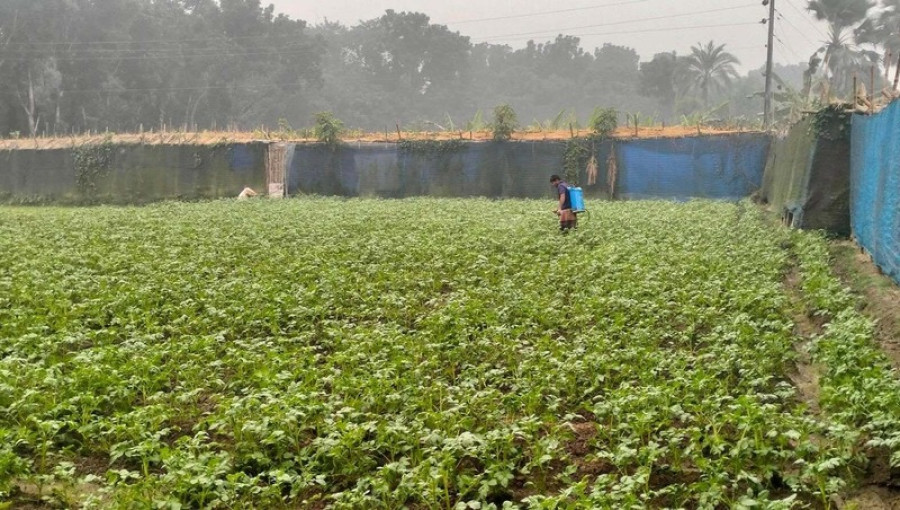
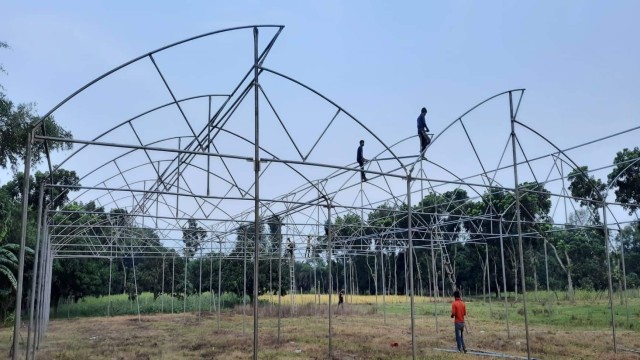

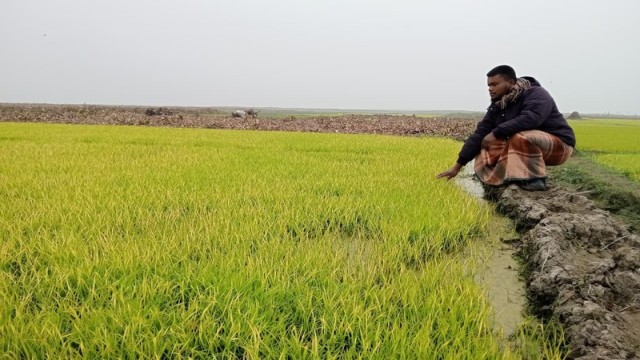
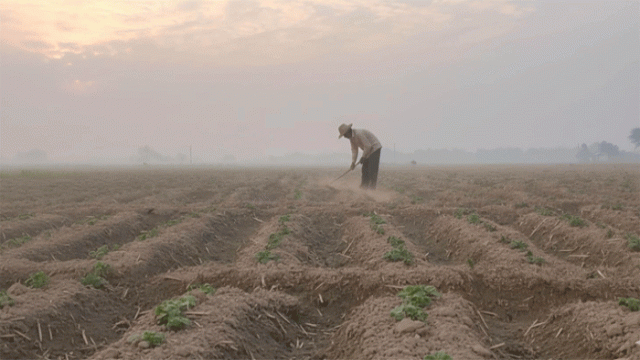
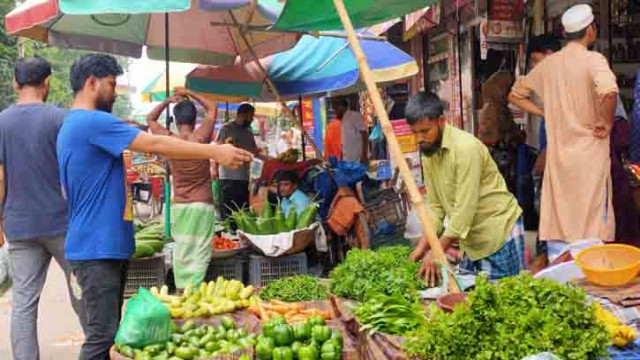
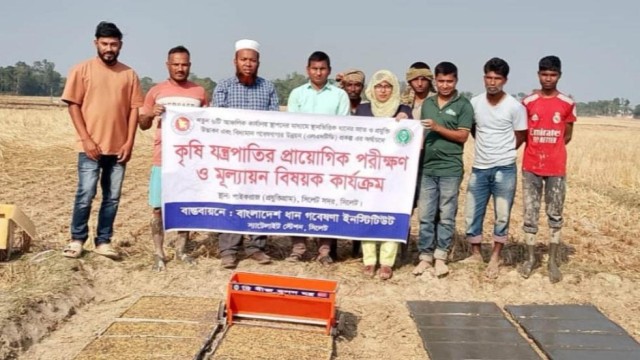





















Comment: